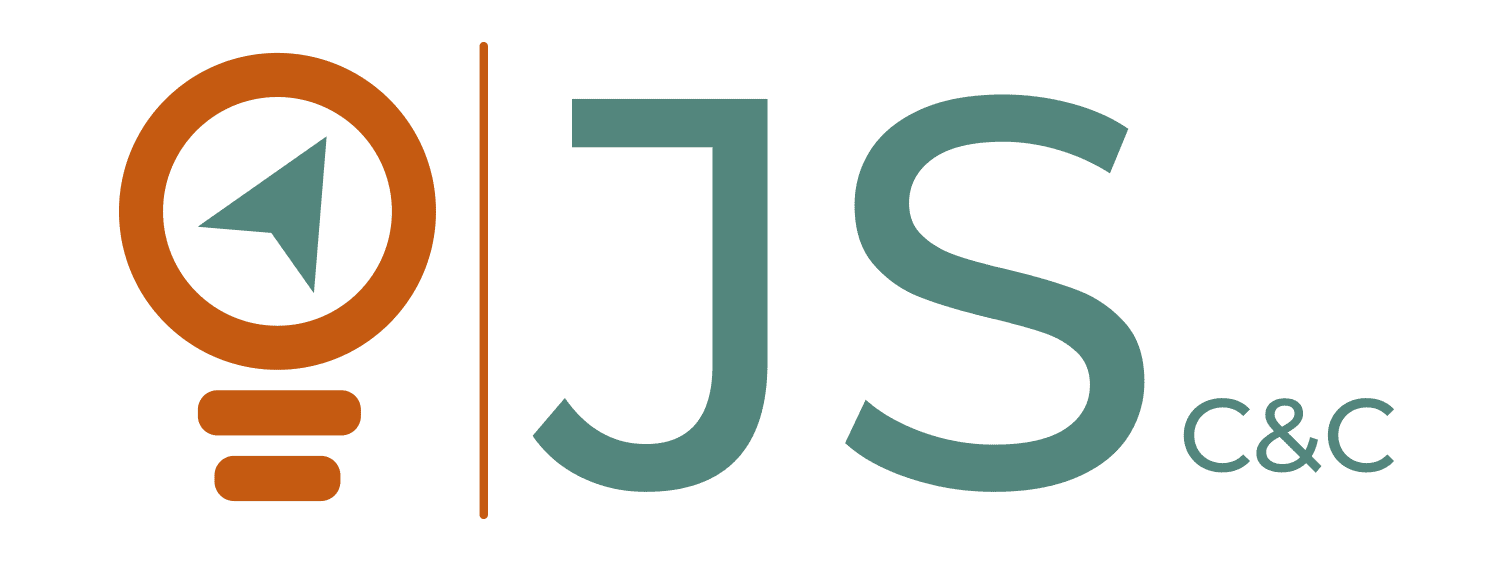Diversity in the workplace is a good thing.
In most circles, that idea is uncontested. Many organizational leaders would assert that they have instituted policies and practices to ensure that their workforce is diverse.
But what is actually meant by diversity?
It is most often defined in terms of race, ethnicity, religious and political beliefs, gender, and sexual orientation. And it is essential that these categories top the list when we discuss diversity since discrimination and unconscious bias are very real factors that inhibit oppressed and minority groups from receiving their fair share of opportunity.
But there are other factors that cause us to think differently that are not as universally acknowledged—or valued—such as varied educational and professional backgrounds.
I had over 20 years of business experience before becoming a psychotherapist while maintaining my full-time job at a financial services firm. It was a disorienting experience because many of the behaviors that enabled success in my business career would ensure failure in my work as a therapist. Acting with a sense of urgency and driving swiftly towards solutions are essential to achieving goals and earning positive results in business. Those same approaches deployed in the analytic space are, at a minimum, a hindrance to progress, and may guarantee failure.
I needed to slow down. I began to listen more attentively, tune in more deeply, and pace myself to work in tandem with my patients. I learned to step back from, observe, and understand my own emotional reactions versus being led by them like a dog on a leash.
All of these newly acquired skills made me more effective at work. I gained a heightened awareness of my own behaviors and motivations when working in teams; this allowed more room and greater tolerance for dissenting opinions and approaches. I was better able to understand why a co-worker was reacting in a particular way and adjust my communication style enabling us to work towards a common goal. Through active listening, I earned the trust of colleagues which strengthened our relationships and the quality of our work.
Varied experiences provide a myriad of advantages in a business setting. My specific new educational and professional experience had turbo charged my soft skills, a category recognized as essential to achieving success in business. Jan Bruce, contributor to Forbes, makes the case for soft skills in her March 2017 article “Why Soft Skills Matter and the Top 3 You Need.”
“Today, as companies increasingly need to become more dynamic, interconnected and flexible, soft skills are critical. According to Deloitte’s 2016 Global Human Capital Trends report, executives now consider these skills important to fostering employee retention, improving leadership, and building a meaningful culture. In fact, 92 percent of Deloitte’s respondents rated soft skills as a critical priority.”
Yet it seems that many hiring decisions are predominantly based on technical expertise and work experience. And how about in our existing workplaces? Do our employers appreciate our broader skillsets?
I wasn’t so sure. That’s why, even though I was exhilarated by how my perspective was expanding, I was apprehensive to share that with my colleagues. This apprehension was validated on the occasions that I did. I heard replies like, “Why would you get an MSW instead of an MBA?” Or, “Does this mean that you aren’t serious about your career here?” In these interactions, I learned that people didn’t understand how this different experience added value in a business setting.
This is just one anecdote that illustrates a blindness when it comes to thinking more broadly about talent.
How many times do leaders fear hiring prospects who have not done the same function in the same industry as the position that they are seeking to fill?
When you staff an organization full of MBAs who attended a handful of schools, do you have a diverse workforce – even when your employees span racial, ethnic, and gender lines?
In a Harvard Business Review article titled “Self-Awareness Can Help Leaders More Than an MBA Can,” Rasmus Hougaard, Jacqueline Carter, and Marissa Afton wrote:
“Many large-scale studies have found that leadership based solely on MBA-trained logic is not always enough for delivering long-term financial and cultural results, and that it is often detrimental to an organization’s productivity. In one study, researchers compared the organizational performance of 440 CEOs who had been celebrated on the covers of magazines like BusinessWeek, Fortune, and Forbes. The researchers split the CEOs into two groups – those with MBAs and those without one – and then monitored their performance for up to seven years. Surprisingly, the performance of those with an MBA was significantly worse. Another study published in the Journal of Business Ethics, looked at results of more than 5,000 CEOs and came to similar conclusion.”
When we talk about hiring diverse candidates for roles, wherever possible, we should expand our thinking and welcome disparate educational and professional experiences. People who have pursued new experiences—either coming to business from other disciplines or taking on new challenges while progressing their business careers—are demonstrating a growth-mindset. This means that they are exactly the kind of people we are searching for.
Here is my challenge for you. Be courageous. Choose the candidate who has a unique profile. It may be just what your team needs to gain a fresh perspective.




